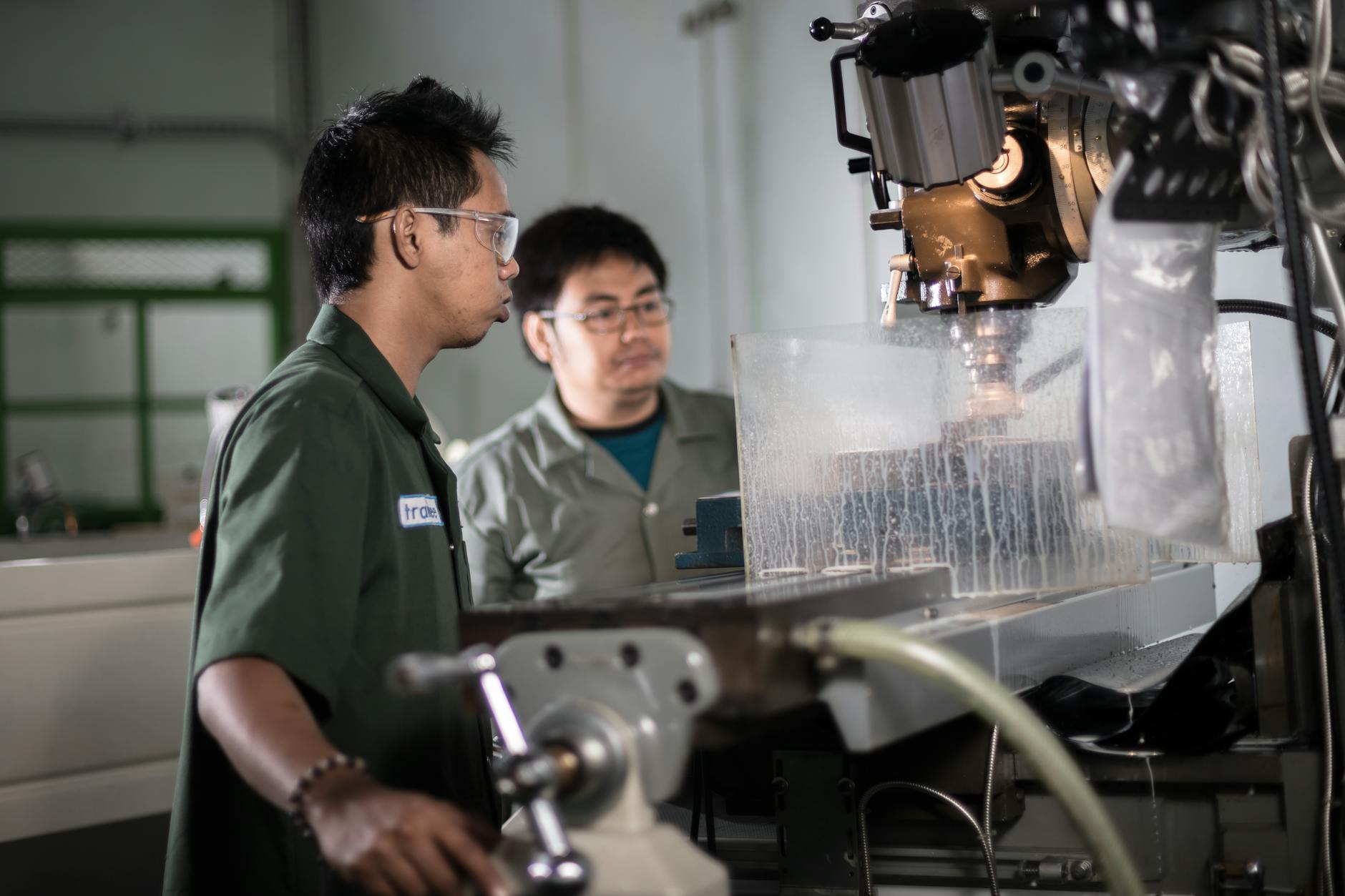PX
Prototypex
Beyond the Basics: Advanced Strategies for Machinists and Fabricators
In the world of metalworking, innovation is the name of the game. As technology continues to advance, machinists and fabricators are constantly exploring new ways to optimize their processes and stay ahead of the curve. Whether you're prototyping a new design or refining an existing one, embracing cuttingedge technologies can help you achieve superior results in less time.

Crafting Excellence: The Art of Fabrication
Fabrication is both a science and an art, requiring a delicate balance of technical skill and creative vision. From welding and bending to cutting and assembling, fabricators bring designs to life using a combination of precision techniques and handson craftsmanship. By honing their skills and staying abreast of industry trends, fabricators can deliver topquality products that meet and exceed customer expectations.
The Final Frontier: Continuous Improvement and Learning
In the fastpaced world of machining and fabrication, there is always room for growth and improvement. By actively seeking out new knowledge, learning from experienced professionals, and staying curious about emerging technologies, machinists and fabricators can continue to evolve and refine their craft. Whether it's mastering a new CNC programming language or experimenting with innovative machining techniques, the path to excellence is paved with a commitment to lifelong learning.
FAQs
1. Q: What role does inspection play in precision machining?
A: Inspection is crucial in ensuring that machined parts meet the required specifications and tolerances. By conducting thorough inspections, machinists can identify any deviations early on and make necessary adjustments to maintain quality.
2. Q: How important is CNC programming in modern machining practices?
A: CNC programming is essential for automating machining processes, increasing efficiency, and achieving high levels of accuracy. It allows machinists to execute complex operations with precision and repeatability.
3. Q: What are some common challenges faced by machinists in the field of metalworking?
A: Machinists often encounter challenges such as tool wear, chatter during cutting operations, and material deformation. Overcoming these challenges requires expertise, problemsolving skills, and a deep understanding of machining principles.
4. Q: How can fabricators optimize their workholding strategies for better results?
A: Fabricators can improve efficiency and accuracy by selecting the right workholding solutions for their specific applications. Proper workholding ensures stability during machining operations, leading to superior results.
5. Q: What opportunities exist for machinists and fabricators in the rapidly evolving manufacturing industry?
A: With advancements in technology and increasing demand for customized components,machinists and fabricators have a wealth of opportunities to explore. From specialized niche markets to largescale industrial projects, there is no shortage of avenues for growth and success in the dynamic field of manufacturing.